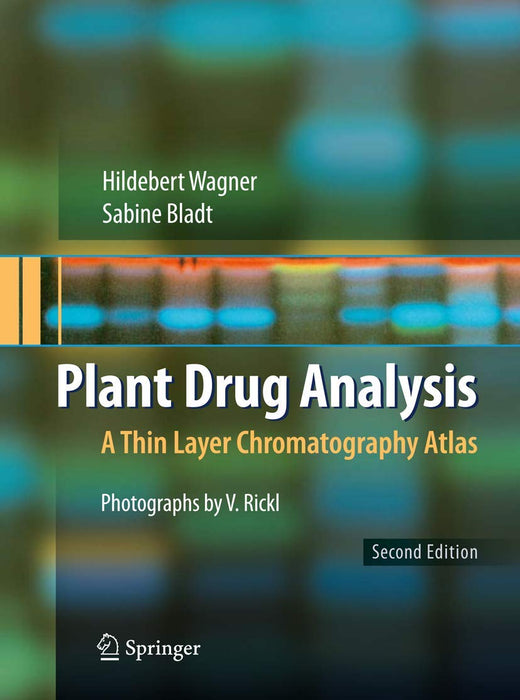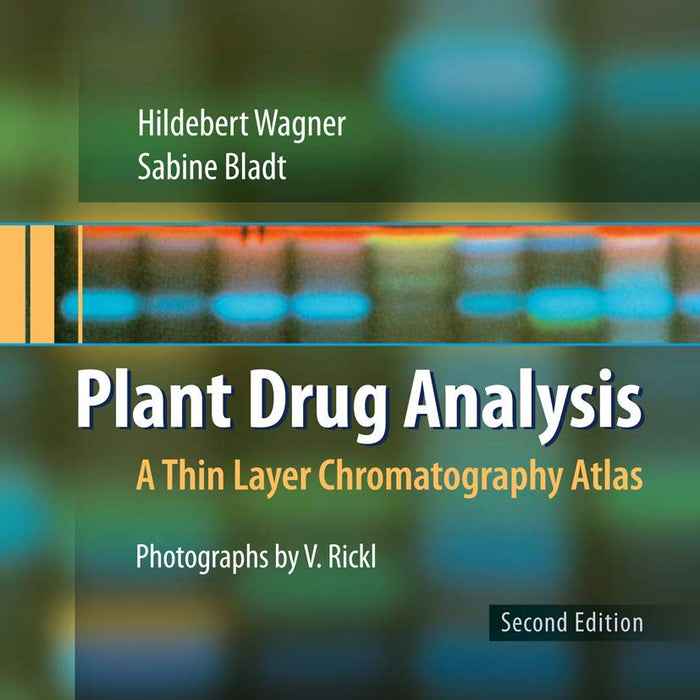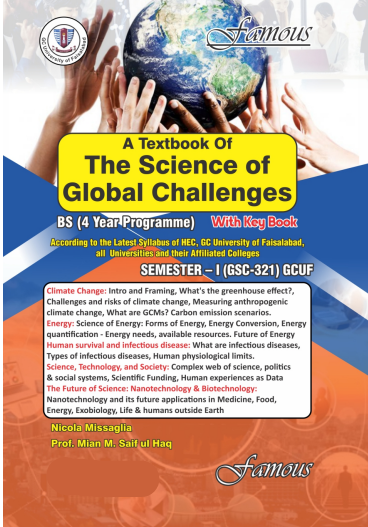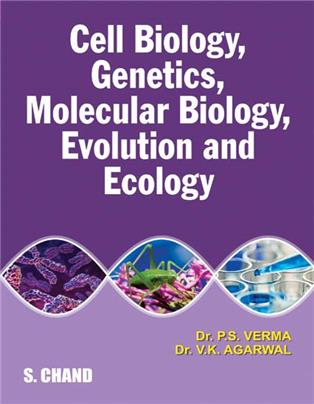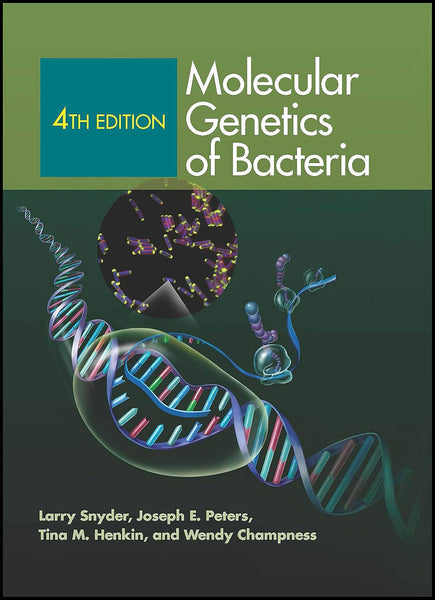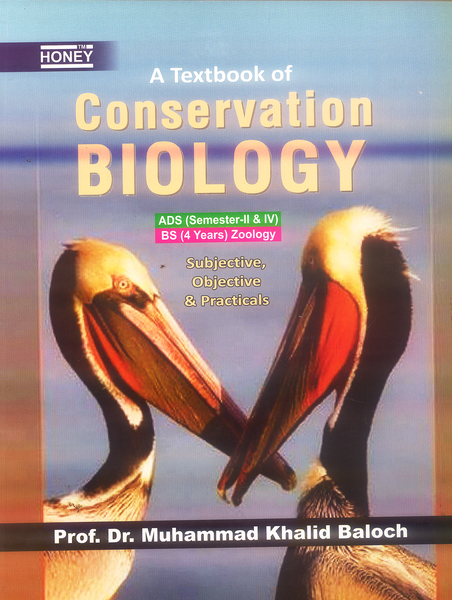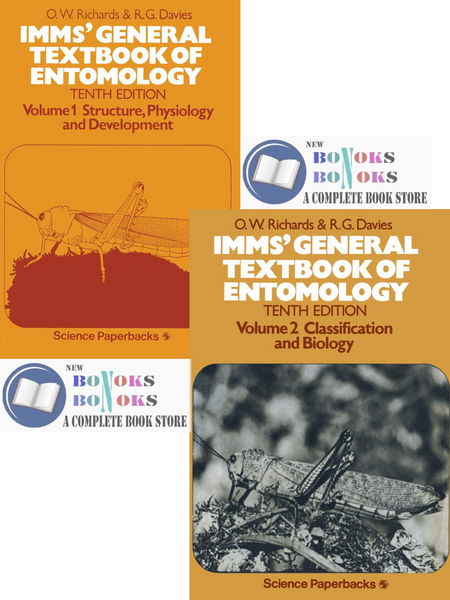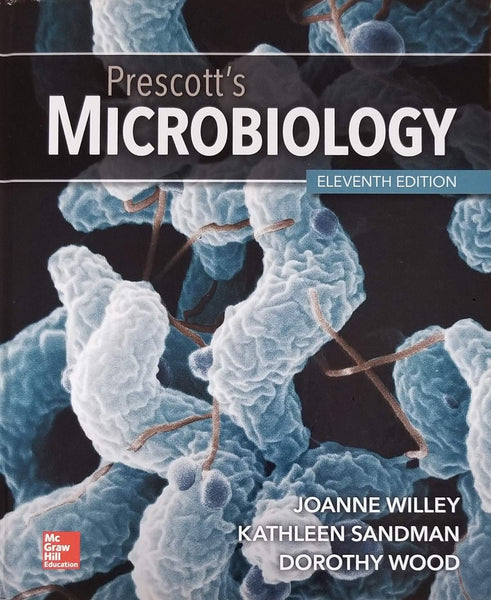Plant Drug Analysis: A Thin Layer Chromatography Atlas 2nd Edition by Hildebert Wagner
- Publisher: BOTANY
- Availability: In Stock
- SKU: 50764
- Number of Pages: 368
Rs.810.00
Rs.1,195.00
Tags: best books , Best Price , Best Selling Books , chromatography techniques , medicinal plant science , natural product analysis , natural product characterization , ONLINE BOOKS , Online Bookshop , phytochemistry , plant analysis techniques , plant bioactive compounds , plant chemical constituents , plant drug analysis , Plant Drug Analysis 2nd Edition by Hildebert Wagner , Plant Drug Analysis: A Thin Layer Chromatography Atlas 2nd Edition , plant extracts , plant material standardization , plant pharmacology , quality assurance in phytopharmacy , quality control of plant drugs , Sabine Bladt , thin layer chromatography , TLC atlas
Plant Drug Analysis: A Thin Layer Chromatography Atlas, 2nd Edition by Hildebert Wagner and Sabine Bladt is a detailed reference guide focused on the application of Thin Layer Chromatography (TLC) in the analysis of plant-derived drugs. This updated edition builds on the first by incorporating recent advancements in the field of phytochemistry and medicinal plant research. The book provides a systematic approach to the use of TLC for the identification and quality control of plant-based medicinal compounds. It serves as both a practical laboratory guide and a reference for researchers involved in the analysis of plant drugs and their chemical constituents. With a collection of practical examples, the authors illustrate the power of TLC in separating, identifying, and quantifying plant metabolites, helping to ensure the purity and safety of herbal medicines.
Key Points:
-
Comprehensive TLC Atlas: The book serves as an extensive atlas of Thin Layer Chromatography, offering step-by-step guidance on using TLC for the analysis of plant drugs.
-
Identification of Plant-Based Drugs: It covers techniques for the identification of active compounds in medicinal plants, assisting in the authentication and quality control of plant drugs.
-
Advancements in Phytochemistry: The second edition includes new techniques and research findings in the field of phytochemistry, making it a relevant resource for current practices in plant drug analysis.
-
Phytochemical Profiling: The book focuses on the qualitative and quantitative analysis of plant extracts, aiding in the profiling of chemical compounds that contribute to their medicinal properties.
-
Practical Applications: With clear examples of how to apply TLC to the analysis of various plant materials, the book is designed for use in laboratory settings by researchers and professionals in pharmacognosy, phytotherapy, and quality control.
-
Quality Control of Herbal Medicines: The text emphasizes the importance of TLC for ensuring the purity and consistency of herbal products, helping to detect adulterants and contaminants in plant drugs.
-
Illustrations and Case Studies: The book includes numerous illustrations, chromatograms, and case studies that showcase the practical use of TLC in plant drug analysis.
-
Sustainable Practices in Medicinal Plant Research: The authors address the growing demand for safe and effective herbal medicines, providing insights into sustainable practices for plant drug analysis and herbal medicine development.
-
Detailed Protocols for TLC: Clear protocols and methodological details are provided for performing TLC, including tips on sample preparation, mobile phases, and detection techniques.
-
Research and Development Focus: The book is valuable for researchers in the field of medicinal plant research and pharmacognosy, offering a scientific approach to the analysis and development of plant-based therapies.
Conclusion:
Plant Drug Analysis: A Thin Layer Chromatography Atlas, 2nd Edition is an indispensable resource for anyone involved in the analysis of plant-based drugs. By combining practical laboratory protocols with in-depth phytochemical research, Wagner and Bladt provide an essential guide for ensuring the quality, safety, and efficacy of herbal medicines. Whether you are a student, researcher, or professional in the field of medicinal plants, this book offers the tools needed to master the art and science of plant drug analysis using Thin Layer Chromatography.
════ ⋆★⋆ ═══
Writer ✤ Hildebert Wagner , Sabine Bladt

